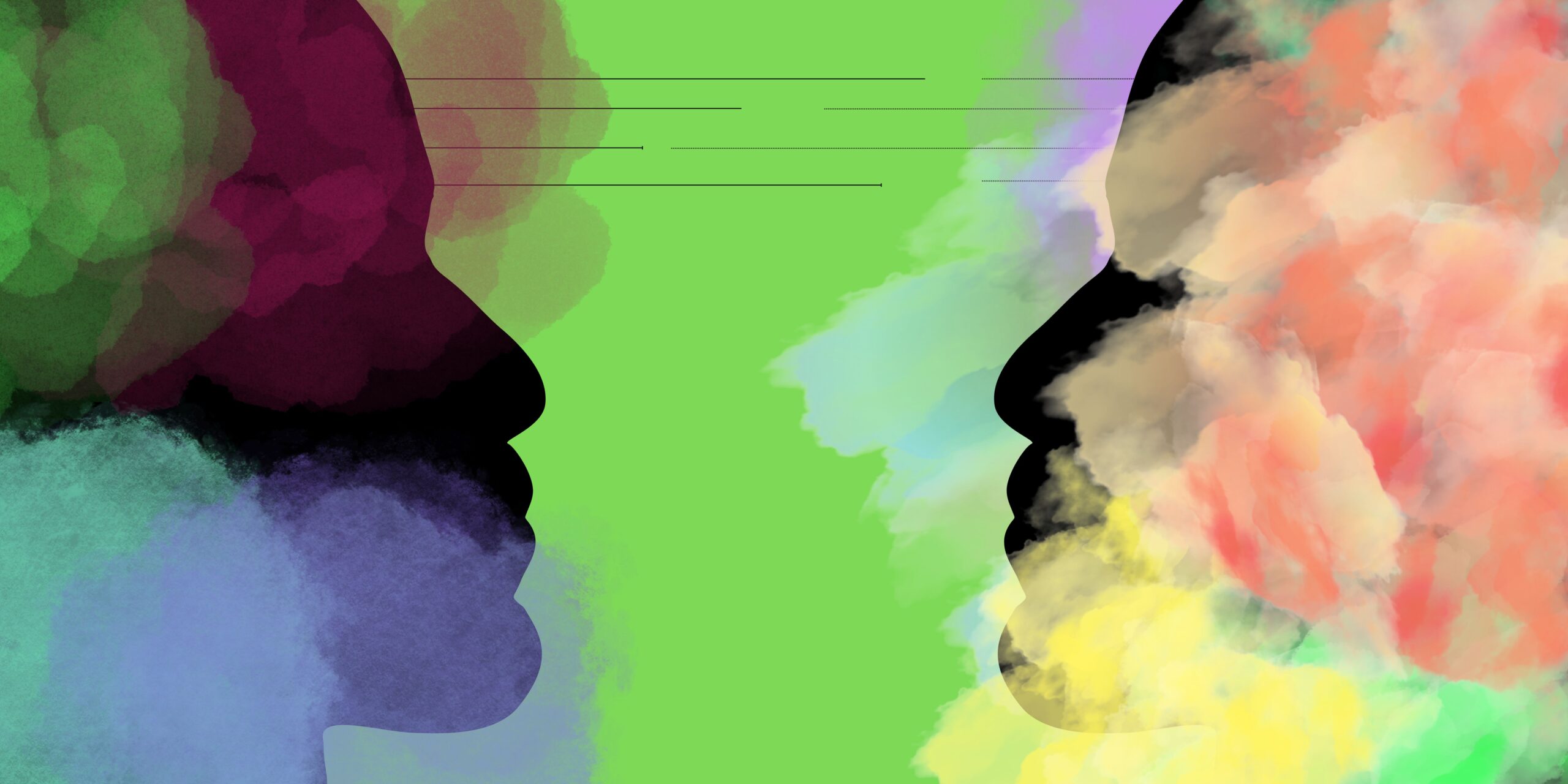Imagine a scenario where something unexpected happens. This situation stresses you out immensely. You do not know how this problem will resolve, but you want it to just go away. Someone must help you. The event that distressed you must not happen again. You must resolve it quickly.
In short, the world must comply with what you want. Or else, things will be in disarray. Or else, you cannot be satisfied or be happy.
This is what demandingness or ‘musturbation’ is. And no, it definitely isn’t a typo!
Musturbation is a colorful term, coined by clinical psychologist Albert Ellis, as one of the major reasons for psychological disturbances that lead to behavioral disorders. This forms one of the bases of Rational Emotive Behavior Therapy (REBT).
In this essay, I will attempt to show you how demandingness or musturbation can lead to major psychological issues.
Types of ‘Musts’
It is first important to understand the major types of musts in demandingness. These are related to:
- Beliefs about oneself
- Beliefs about others
- Beliefs about the world.
This is directly parallel to Aaron Beck’s Cognitive Triad.
Musts about Oneself
Often times, we have certain demands on ourselves. We expect that we would be able to perform certain tasks or attain certain consequences. However, sometimes, these demands are not reasonable. They could be beyond our capabilities at a time. It could be that our circumstances might make it impossible to pursue a goal.
In these cases, if we continue to believe that we must accomplish something and realistically, it is not even a little probable, we can identify these beliefs as ‘musts’ about ourselves.
Musts about Others
At times, we might expect things from others. We might expect our parents to be caring, loving and willing to go out of their way for us. We might expect our friends to do so as well.
However, we might be overlooking the fact that they might simply not consent to do that.
When this consent, based on others’ personal motivations, does not help us fulfill what we want fulfilled, there we can see our musts about others.
Musts about the World
We often think in cosmic terms. For example, we might think that the world is favorable or unfavorable to us. We might also expect that social norms and rules should be a certain way. Particularly in the way that satisfies us physically, psychologically or ideologically.
But, here, imagine that people violate norms regularly. If we are not able to understand why people do so, it is possible that we have some unrealistic demands of the world. These could be demands of a completely honest system.
We could also demand that the world is always fair. But we do understand that the world probably isn’t fair.
Here, demandingness could lead to helplessness.
Having understood the types of demands that we might have, it is now time to see the direct link between demandingness and major psychological issues.
Demandingness is Irrational
Psychiatric disorders are characterized by psychological disturbances. These disturbances interact significantly with biological mechanisms involved in our experience. These mechanisms range from how we perceive things after the process of sensation, to our physiological arousal before, during and/or after an event.
Musturbation or demandingness, is an individual’s tendency to unrealistically demand the factors around them to obey the individual’s rules and wishes.
In reality, we cannot control others. We can bind them with personal, social or legal contracts, but we cannot completely control the way they think or behave.
Thus, our demands that things or situations remain exactly how we please are irrational.
Irrational beliefs frequently come into friction with reality and this causes psychological distress. This is often a precipitating factor of emotional and behavioral disorders.
Demandingness Can Lead to the Downward Spiral of Emotions
Demandingness also leads to higher feelings of stress. In fact, it doesn’t just increase in stress to oneself, but in their family as well. Stress, in turn, can manifest through milder symptoms of anxiety, panic or depression.
Further ‘musts’ can materialize during these symptoms as they can lower one’s mood even more or make them anxious and hyper vigilant about what they are going through. One might attribute these symptoms to their personal characteristics or to external events completely.
So, they could hold themselves completely responsible for what they are going through. On the flip side, they can hold others responsible for it. Neither of these two beliefs or thoughts is based on reality.
Hence, demandingness and stress could interact with each other and create maladaptive thoughts and even beliefs. This could, in turn, cause more negative interpretations of stressful events, heightening the irrational beliefs, emotions and behaviors.
And thus, demandingness leads an individual into a downward spiral of emotions.
Conclusion
Demands that are unrealistic are far less likely to materialize. Unfortunately, the fact that they do not materialize does not usually convince us that these demands are irrational.
Rather, a constant habit or thought processing based on irrational demands could lead us to make alternative demands that are irrational as well. This thought-system is what can be identified in many of the psychiatric disorders. While Ellis understood that we are biological beings and there is a biological basis of these mental conditions, what usually precipitates or maintains them are our irrational beliefs.
If you find that you might have problems similar to this, it could be that you are simply placing demands that are too high. If you do not know how, try talking to a professional about it. Remember, there are ways to make your experiences better.
I am a Clinical Psychologist and a Lecturer of Psychology at Government College, Renala Khurd. Currently, I teach undergraduate students in the morning and practice psychotherapy later in the day. On the side, I conjointly run Psychologus and write regularly on topics related to psychology, business and philosophy. I enjoy practicing and provide consultation for mental disorders, organizational problems, social issues and marketing strategies.

